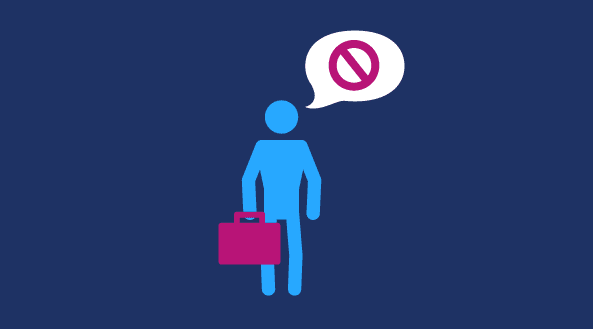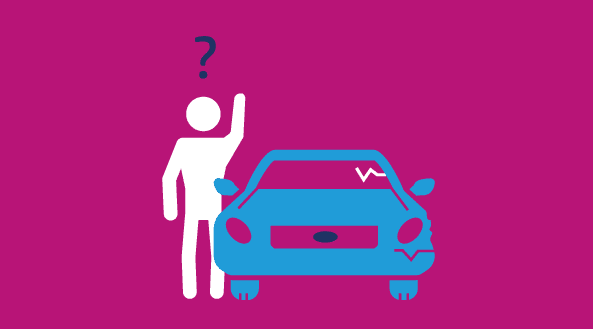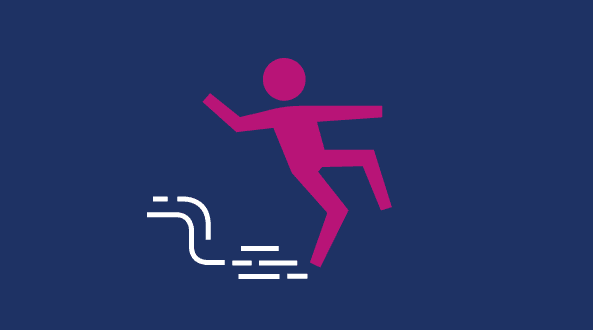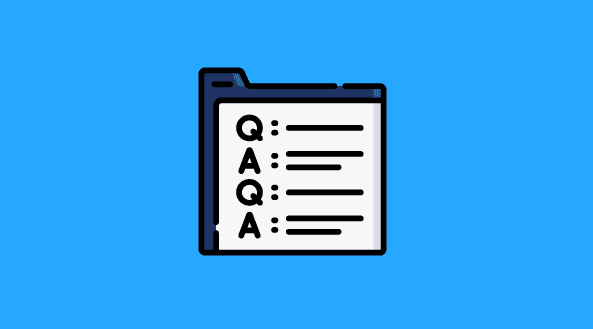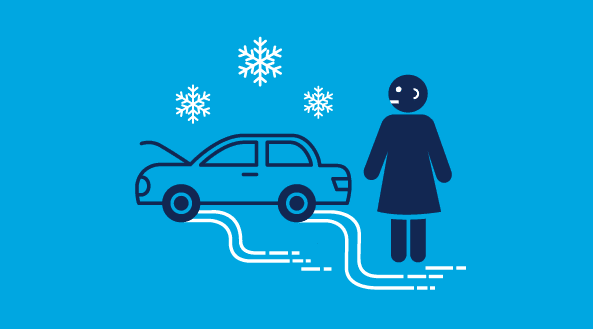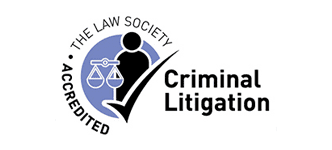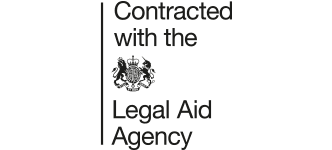You might have been involved in a Road Traffic Accident recently, and turned to a solicitor for their help. You’ve explained your circumstances and informed them of your injuries, only to be told they are unable to take on your case. But why? In this article we will answer all of your questions and explain the new process of making a claim for compensation after your accident.
What the new laws are
Previously, you would be able to instruct a solicitor to represent you for any small claim worth at least £1,000. If successful, you could also recover a portion of you legal costs from the defendants insurance company who you are claiming against. This meant that any upfront payment wasn’t necessary, and allowed solicitors to act on a No win No fee basis.
On the 31st May 2021, new claim guidelines and tariffs were introduced and now, solicitors will be unable to obtain costs from the third party insurers for taking on your case if it is projected to be worth less than £5,000.
You can still ask a solicitor to represent you if you feel you are unable to do this for yourself, but it will be your responsibility to pay legal fees.
Originally, these changes were scheduled for April 2020, but were postponed due to the Coronavirus pandemic and have now come into force as of 31st May this year.
There are some types of claims that are exempt from from these changes, and the limit will remain at £1,000. This includes:
- Claims brought by children under the age of 18 (at the time of bringing the claim)
- Claims brought by protected parties (those who lack legal capacity)
- Claims involving deceased parties
The changes also apply only to motor vehicle users only, vulnerable road users such as pedestrians, cyclists, motorcyclists, scooter riders, horse riders and people using mobility scooters are all exempt.
Is it still possible to make a claim at all?
If you have been involved in an accident recently and suffered minor injuries, you will now be able to submit and manage your own claim online via the new OIC Portal. Once you have submitted your claim, you will then need to:
- Ensure you have presented your claim information CLEARLY and CORRECTLY
- Upon admission of liability, instruct a medical expert to prepare a report on your injuries
- Interpret the medical evidence appropriately
The Official Injury Claims portal, or OIC Portal, is an online system where you can file a claim for whiplash injuries. Although it can assist with completing claim information, you may still require assistance outside of the portal for things like medical reports, or understanding tariffs for more complex injuries.
Will existing claims be affected by the changes?
The good news is that these reforms only apply to accidents that happened on or after the 31st May 2021. If you already have a case open or if you were involved in an accident before this date, your claim will not be affected and you will still be entitled to the previous higher compensation amount for small claims. You will also be able to recover some of the legal costs from the liable insurer.
How much will claims be worth under the new laws?
For example for whiplash injuries, which can be defined as an injury of “soft tissue in the neck, back or shoulder that is… a sprain, strain, tear, rupture, or lesser damage of a muscle, tendon, or ligament in the neck back or shoulder.” The amounts range from £240 for less than three months, to £4,215 for more than 18 months (but less than 24 months).
These amounts are fixed, but there is a possibility of an increased award for ‘exceptional circumstances’ – but this is limited to 20% of the fixed sums. ‘Exceptional circumstances’ are not yet defined, but it is likely that they will be difficult to prove and justify.
Can I still claim for financial losses?
You will still be able to claim compensation for any financial losses under the new process. It is important that you keep any invoices or receipts safe so that you are able to use these as evidence for your claim.
Can I still instruct a solicitor to take on my case?
Although legal costs aren’t attainable from at fault insurers under the new laws, you will still be able to seek help from a solicitor if you feel you are unable to handle the claim for yourself. It will be your own responsibility to pay legal fees or the amount will be deducted from your compensation.
If you have bene involved in a road traffic accident, we can advise you if we are able to assist and we are always just a call away if you have any questions or need advice on how to approach your claim. You can call us on 01744 612549, email enq@imslaw.co.uk or visit our website www.imslaw.co.uk for more information.

Millie is part of the marketing team at IMS Law. She’s here to demystify all of the jargon around the law and your rights, giving you the information you need in simple terms.

